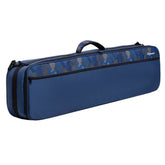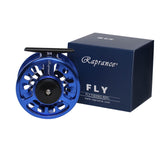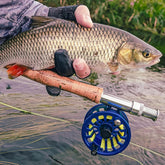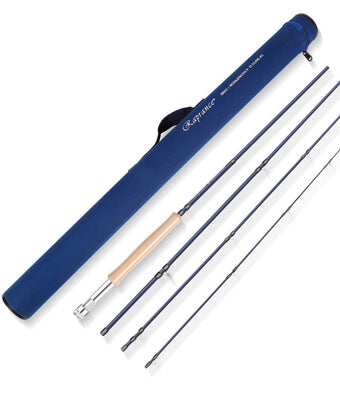Twisted-Winged Parasites
02 Jun 2025
0 Comments
Twisted-Winged Parasites
Latin: Strepsiptera — Relevance to Fly Fishing:
Strepsiptera, or twisted-winged parasites, are insects with reduced wings, known for their unusual life cycle involving parasitism on other insects.

Where you can find Twisted-Winged Parasites
On this map you see where there were observations of Twisted-Winged Parasites around the world. This will give you an idea of the global distribution of this class. Note that a class can have many different families, and thousands of species.
Diversity and distribution
The insect class Strepsiptera, commonly known as twisted-wing parasites, consists of approximately 600 known species. These insects are characterized by their unique, parasitic life cycle, and the males possess distinctive, twisted wings. Strepsiptera is divided into several families, including Stylopidae, Mengenillidae, and Corioxenidae, with multiple genera within each family.
Strepsiptera insects can be found in a wide range of countries, primarily in temperate and tropical regions. They're distributed across North and South America, Europe, Africa, Asia, and Australia. Strepsiptera species inhabit a variety of environments, including forests, grasslands, and urban areas, where they can be found parasitizing their insect hosts.
Life cycles of Strepsiptera
The life cycle of Strepsiptera insects is complex and unique, with females remaining endoparasitic within their hosts, while males are free-living. The life cycle consists of four stages: egg, larva, pupa, and adult. The duration of each stage varies among species and can be influenced by factors such as temperature, humidity, and host availability.
Female Strepsiptera lay their eggs in the environment, and upon hatching, the first-instar larvae actively search for an insect host, such as a bee, wasp, or grasshopper. Once a suitable host is located, the larva enters and develops within the host, feeding on its tissues. Male larvae eventually pupate and emerge as free-living adults, while female larvae remain within the host and mature into neotenic, endoparasitic adults.
Strepsiptera and fly fishing
Strepsiptera insects, due to their parasitic lifestyle and low abundance, are not typically relevant to fly fishing. Their primary hosts are other insects, and they are not part of the diet of fish. Furthermore, Strepsiptera insects are not known to be a significant food source for fish, as their life cycle primarily occurs within their host, making it highly unlikely for them to end up in the water.
Tags:












Leave a comment
Please note, comments need to be approved before they are published.